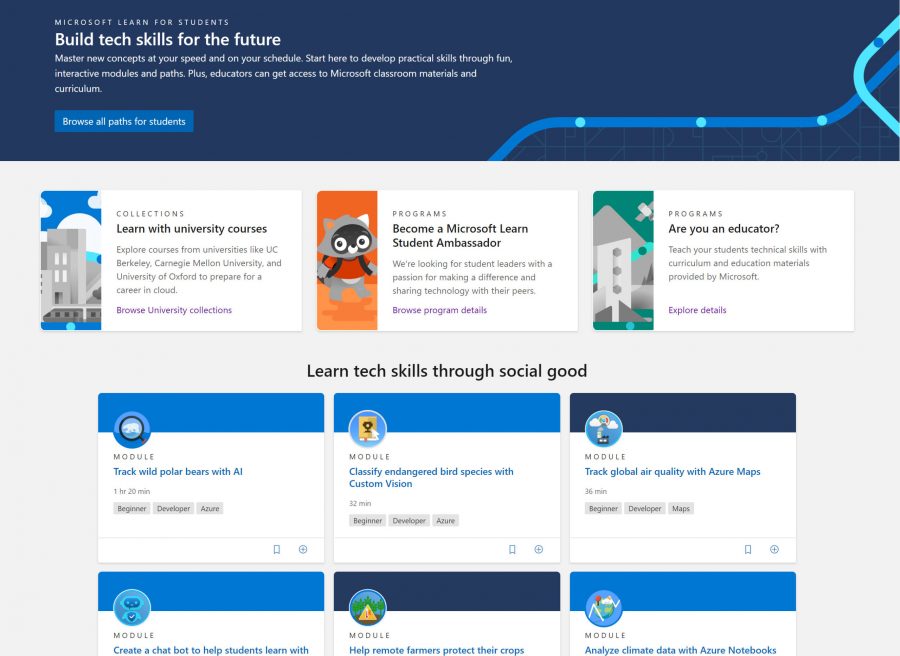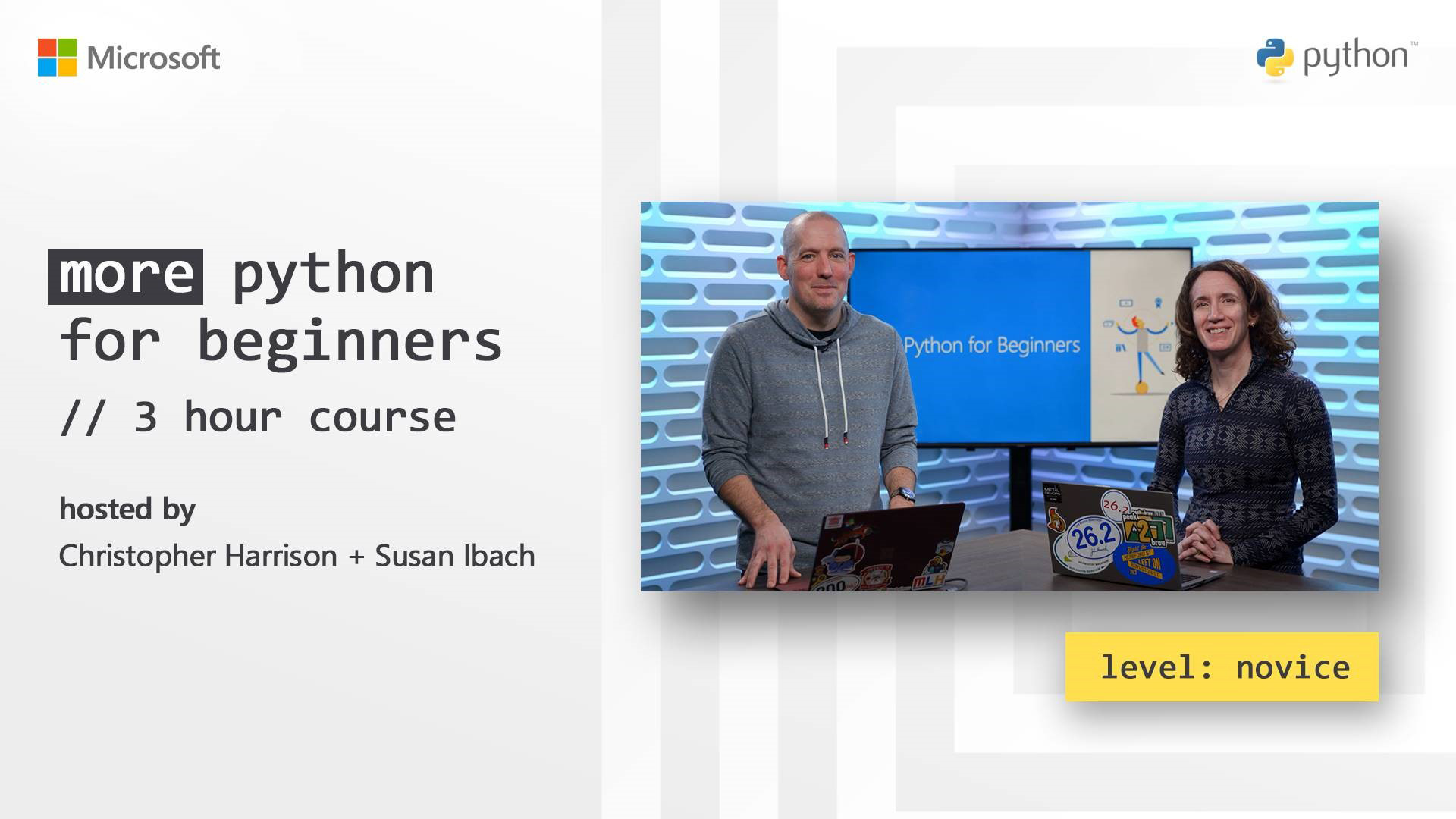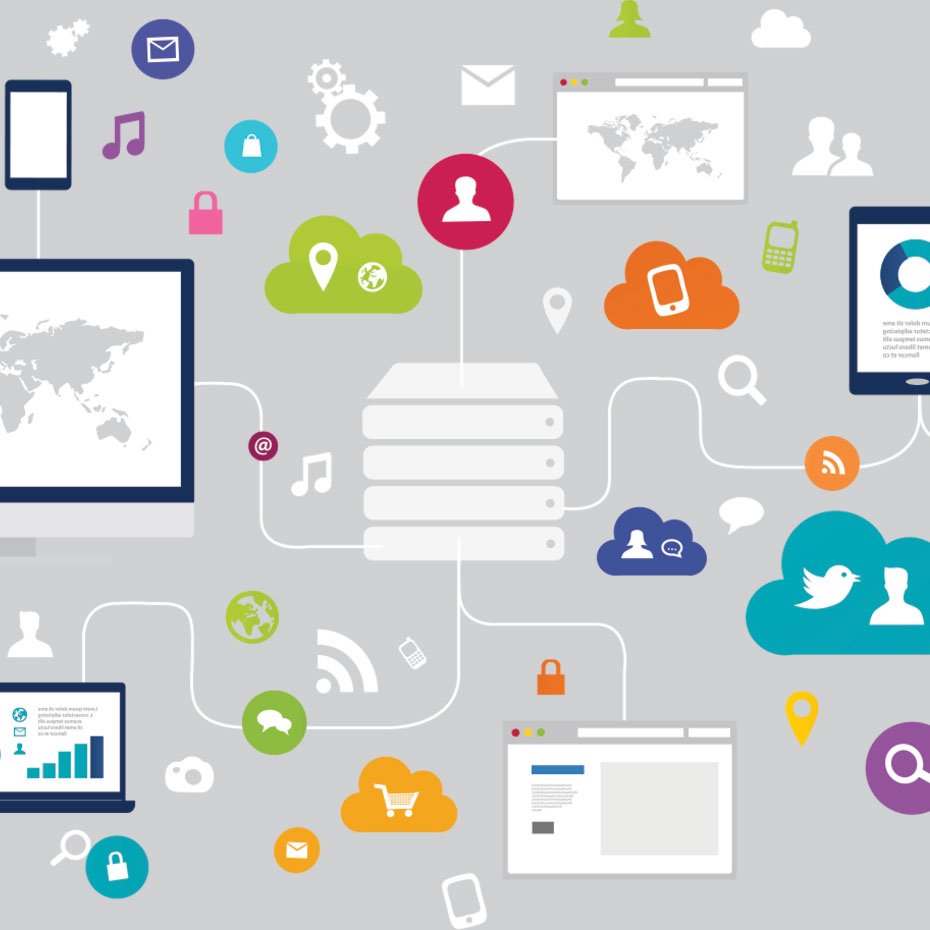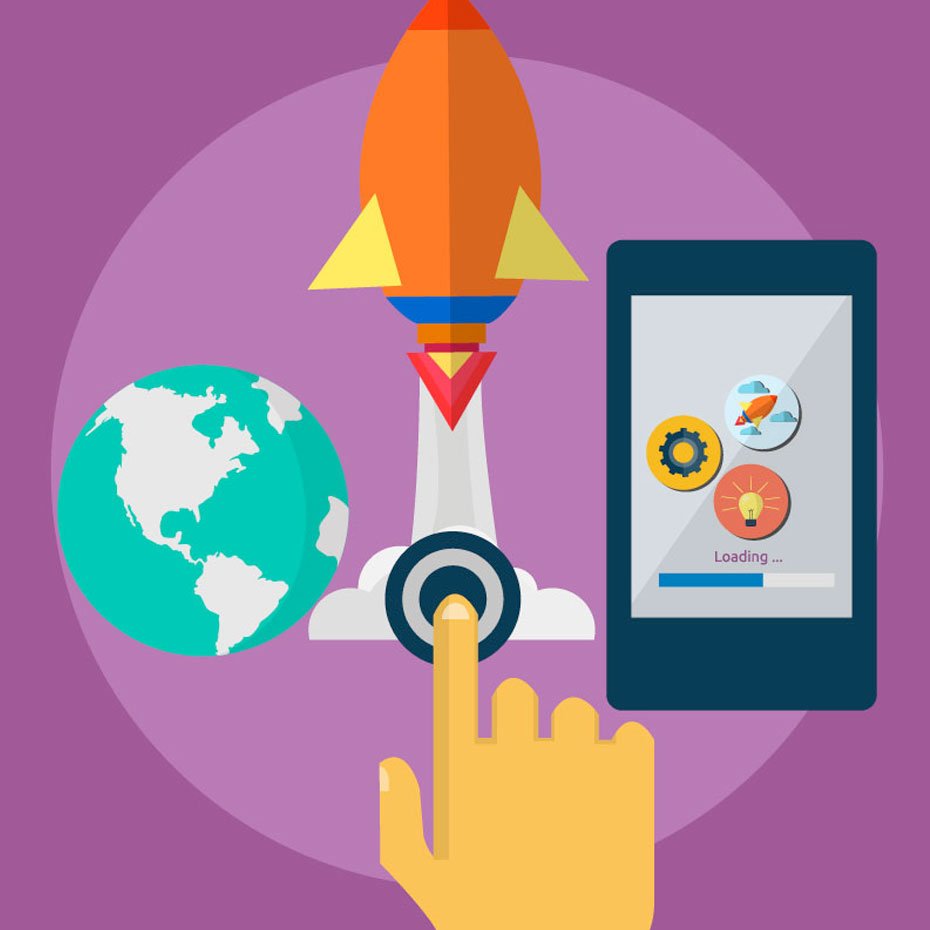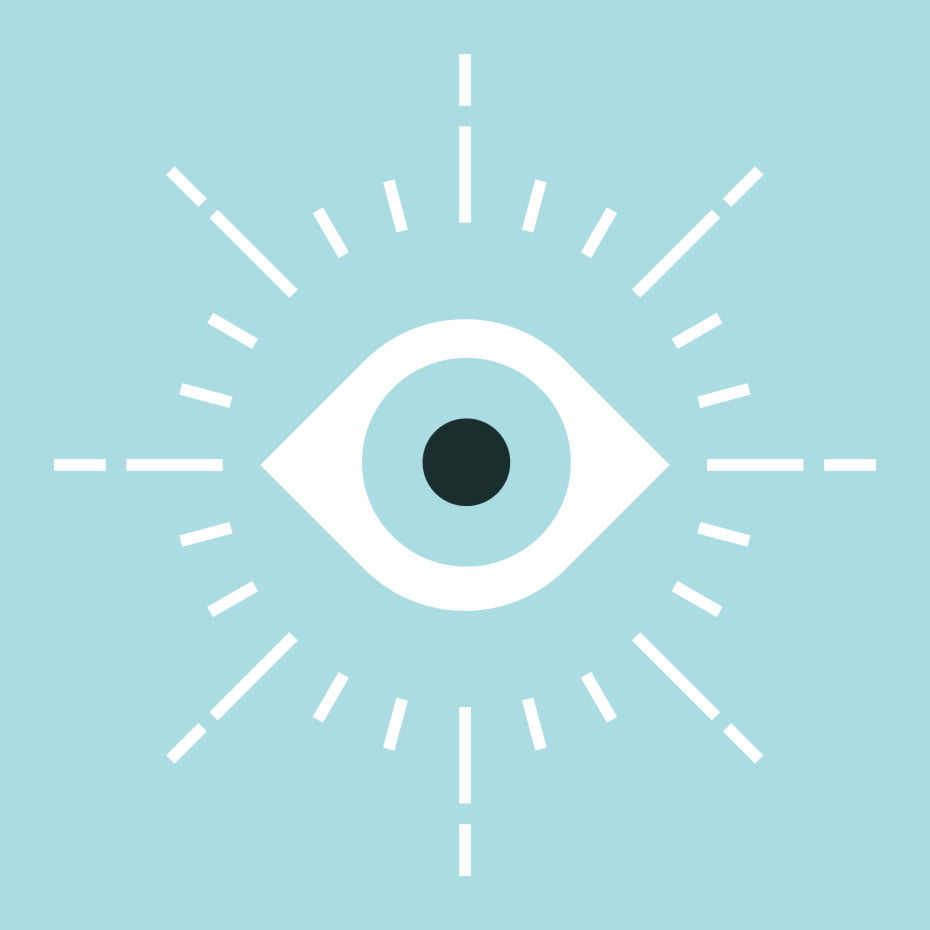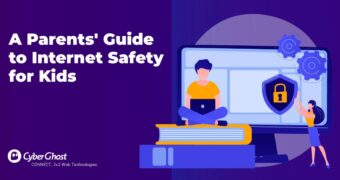Our CEO Satya Nadella references a term from the education field that I think is particularly fitting and important during this unprecedented time in history. Satya talks of the importance of being a “learn-it-all” instead of a “know-it-all.” Learn-it-alls are curious, resourceful and willing to fail, understanding that insights from failure lead to future success.
Learn-it-alls see adversity as a challenge to be overcome, and they work toward the future with focus and determination.
Right now, we’re all working toward the future in different ways. And the future itself is evolving rapidly as we work and learn together to fight and defeat COVID-19 across the globe. Work is changing, learning is changing, life is changing. Every person on the planet will need new skills to be successful tomorrow, one year from now, and one decade from now. This is particularly apropos for students (and the educators teaching them), with the World Economic Forum predicting that two-thirds of students today will work in jobs that do not yet exist. Likewise, LinkedIn continues to report cloud and artificial intelligence as top emerging jobs.
Today’s students are the innovators and inventors of the future who can use technology as a bedrock to help find solutions to the types of problems we’re facing today — and those we can’t predict. Educators are key enablers of this ability, and that’s why I’m excited to announce a new set of opportunities and resources for educators to teach Microsoft technical skills aimed at supporting students to continue learning during this pandemic and beyond.
Introducing Microsoft Learn Student Ambassadors
Microsoft Learn Student Ambassadors help their peers learn about things they care about most, from social issues to new technologies. Ambassadors get a first look at new Microsoft technologies, gain leadership skills, and receive mentoring from professionals in the industry, and their peers benefit from their knowledge, which can now be shared via the Microsoft Learn platform. All our incoming 2020 interns are invited to join the Student Ambassadors and it’s open to any higher ed student who wants to apply.
We are aiming to help skill millions of students in the coming years — helping tomorrow’s leaders gain knowledge in areas spanning topics like responsible AI, Internet of Things (IoT), and building cloud-native apps, among so much more.
New hub on Microsoft Learn for educators and students
Students are natural continuing learners — it’s in their DNA. And to make it easier for them to both acquire and transfer knowledge, Microsoft Learn now has a new home just for educators and students, including our Microsoft Learn Student Ambassadors.
We’ve partnered with universities to create new learning paths based on their popular courses in data science, cloud development, and AI engineering, all tailored for the students that want to build in-demand job skills and educators that want to teach them:
- Carnegie Mellon University: Intro to Cloud Administration and Intro to Cloud Development
- Oxford University: Cloud & Artificial Intelligence: Principles of Edge Computing
- University of California at Berkeley: Foundations of Data Science
We’ve also added a new series of learning paths to inspire and challenge students to build with social impact and responsibility in mind. These take a solution-driven, project-based approach to learning:
- Track Global Air Quality with Azure Maps
- Classify Endangered Bird Species with Azure Custom Vision
- Create a Chat Bot to Help Students Learn with Azure Bot Service
- Help Remote Farmers Protect their Crops with Weather Alerts using Azure Functions
- Track Wild Polar Bears with Stream Analytics and Machine Learning Classification
- Analyze Climate Data with Azure Notebooks
We continue to offer foundational developer paths designed especially for students that faculty can easily teach in the classroom. These include:
- Object-oriented programming for beginners
- Learning paths for first-time Python and C#
- Intro to Bash
- Intro to Git
- Intro to Flask
Educators play a pivotal role in empowering students for future success. At Microsoft, we’re committed to enabling and supporting them in their mission. Microsoft Learn for Educators curates online learning paths and supporting instructor-led training materials into the classroom. Eligible educators and faculty members at universities, community colleges, polytechnics and secondary schools can access Microsoft ready-to-teach curriculum and teaching materials aligned to industry-recognized Microsoft certifications. These certifications augment a students’ existing degree path and validate the skills needed to be successful across a variety of technical careers. Provided Microsoft curriculum and instructor-led training materials will cover:
- Azure Fundamentals
- Azure Data Fundamentals (coming soon)
- Azure AI Fundamentals (coming soon)
Python for Beginners on YouTube expands
Last fall, we launched a 44-part video series called Python for Beginners, consisting of short lessons aimed to help students learn Python and then build AI apps on Azure. People kept asking for more, so we’ve expanded on it with 50 additional new videos that dive deeper into the popular Python libraries like NumPy, Pandas, and Scikit-learn. If you’re looking to try Python for the first time or brush-up your skills, begin here!
Students at Microsoft Build
Microsoft’s annual developer conference, Build, is set to bring the developer community — including student developers and our 2020 class of interns — together virtually May 19-21 to learn, connect and code together. In the spirt of connecting students and professional developers, the Imagine Cup World Championship will be held during Build where teams will compete for the $100,000 grand prize and a mentoring session with Satya Nadella.
The Imagine Cup is perhaps one of the most visible ways we encourage students to address real problems through teamwork and technology. Much like a sports bracket which requires repetitive wins to advance to get the World Championship, teams must win their regional competitions — an impressive feat by itself. This year, tens of thousands of competitors from more than 170 countries participated, culminating in 16 students representing six teams that made it to the championship.
Beyond the excitement of Imagine Cup, the Student Zone at Build will have content tailored to and appropriate for students. Speakers include a variety of top influencers in the digital learning spaces, with content available for each skill level (13-21 years-old) attending our sessions virtually. And, special guest NASA Education Specialist Matthew Wallace will demo a machine learning tool that introduces students to process for analyzing images of Earth taken from the International Space Station, like our astronauts do.
Azure for Students
We believe strongly in providing access to the most current technology, and that’s why we’re providing free Azure accounts, plus a $100 credit, for qualifying students. With their accounts, students can develop in Visual Studio to create custom apps, explore AI through Cognitive Services and smart APIs, and build and train machine learning models faster with the latest open source technologies. Free developer tools are included, as are free learning paths and labs.
I hope you’ll take advantage of all the free content that interests you and join us as learn-it-alls.

